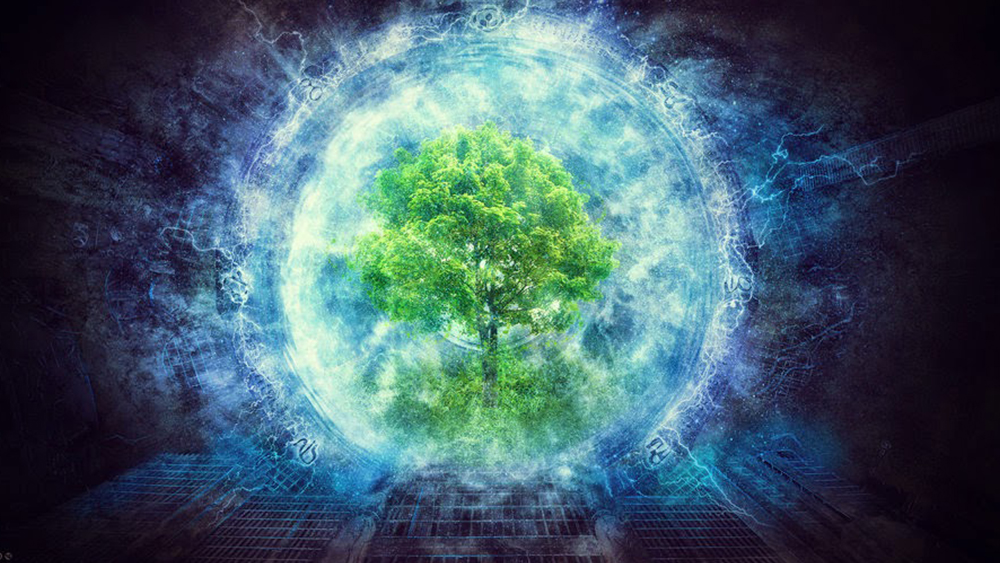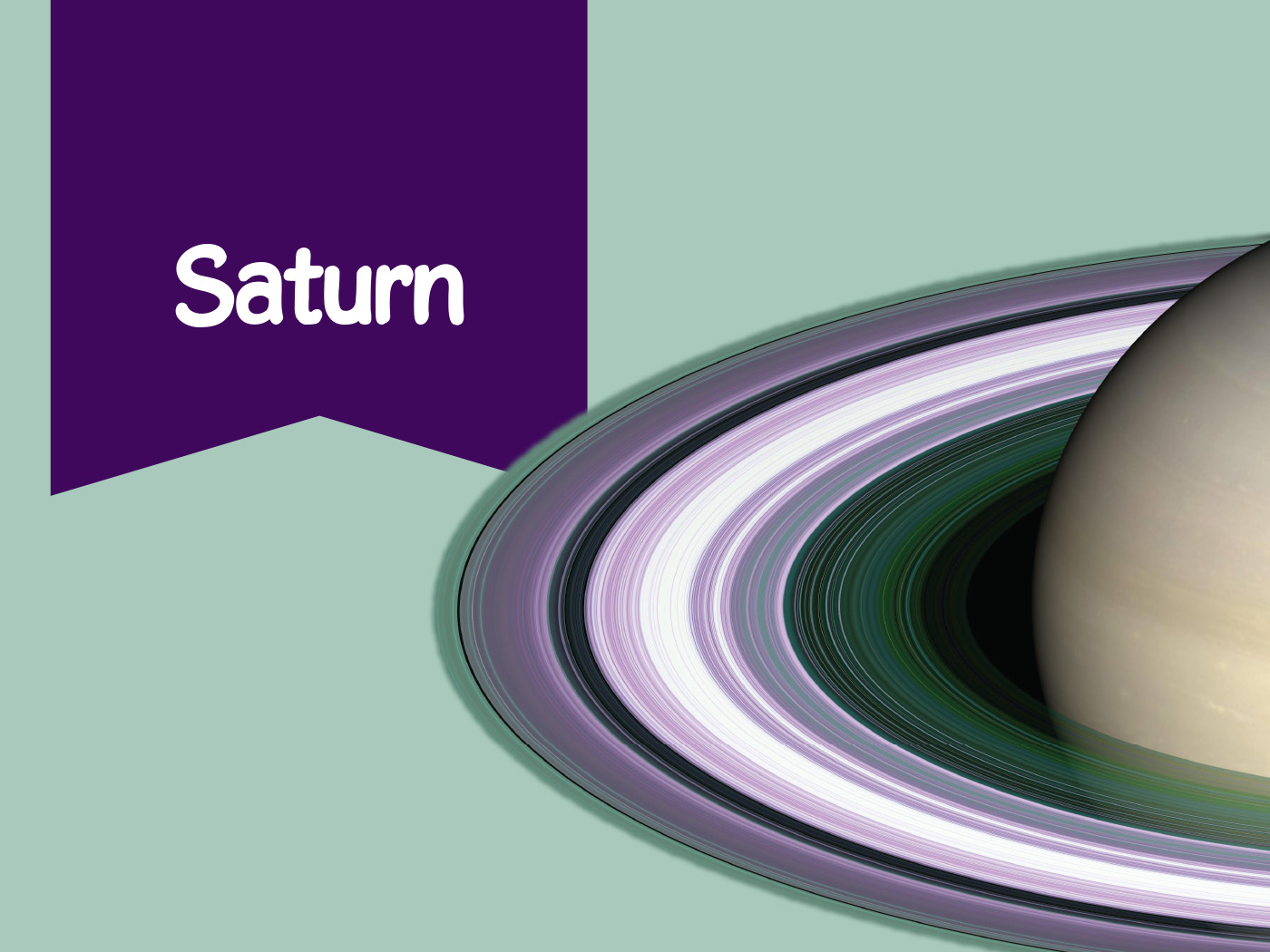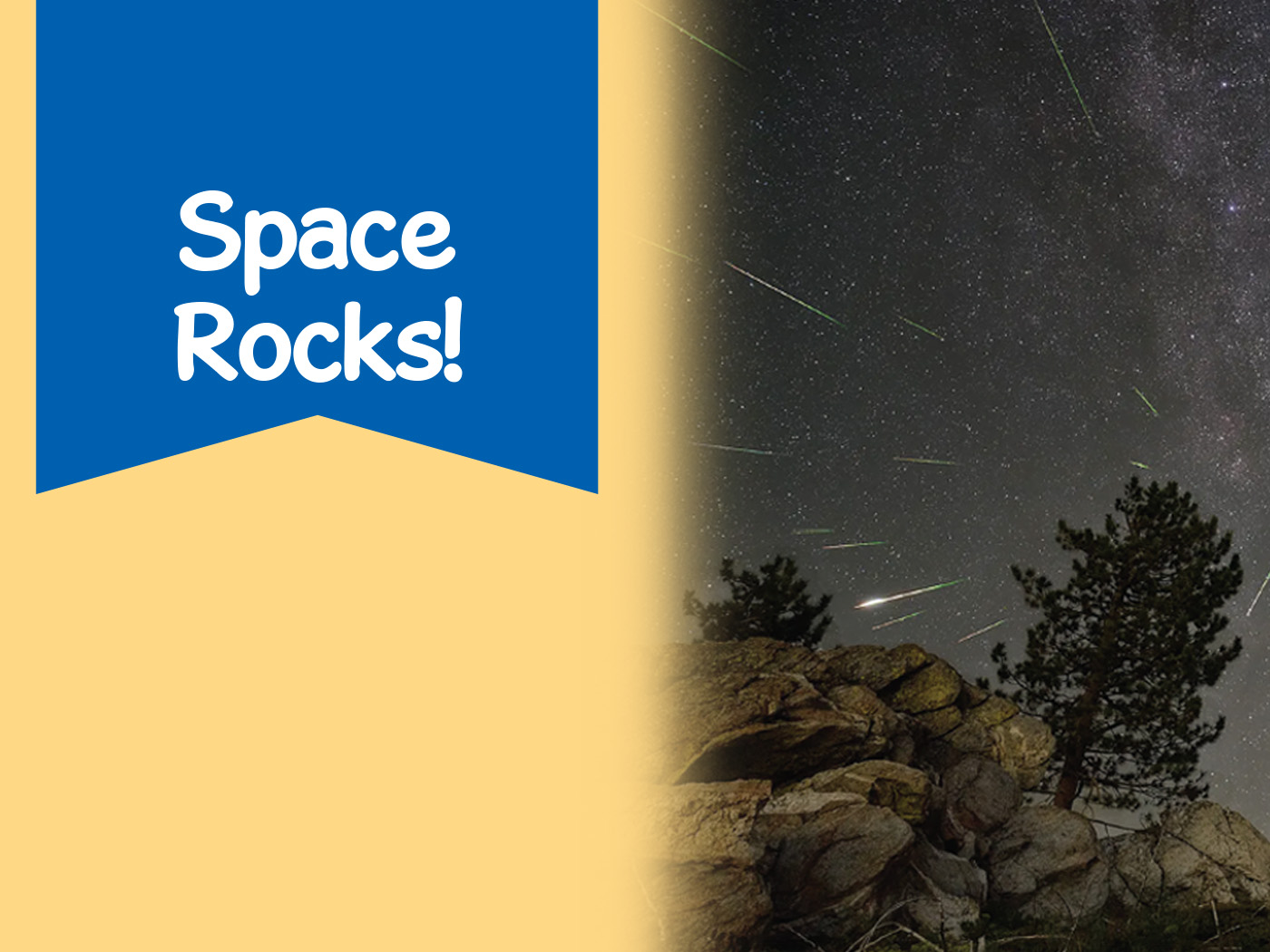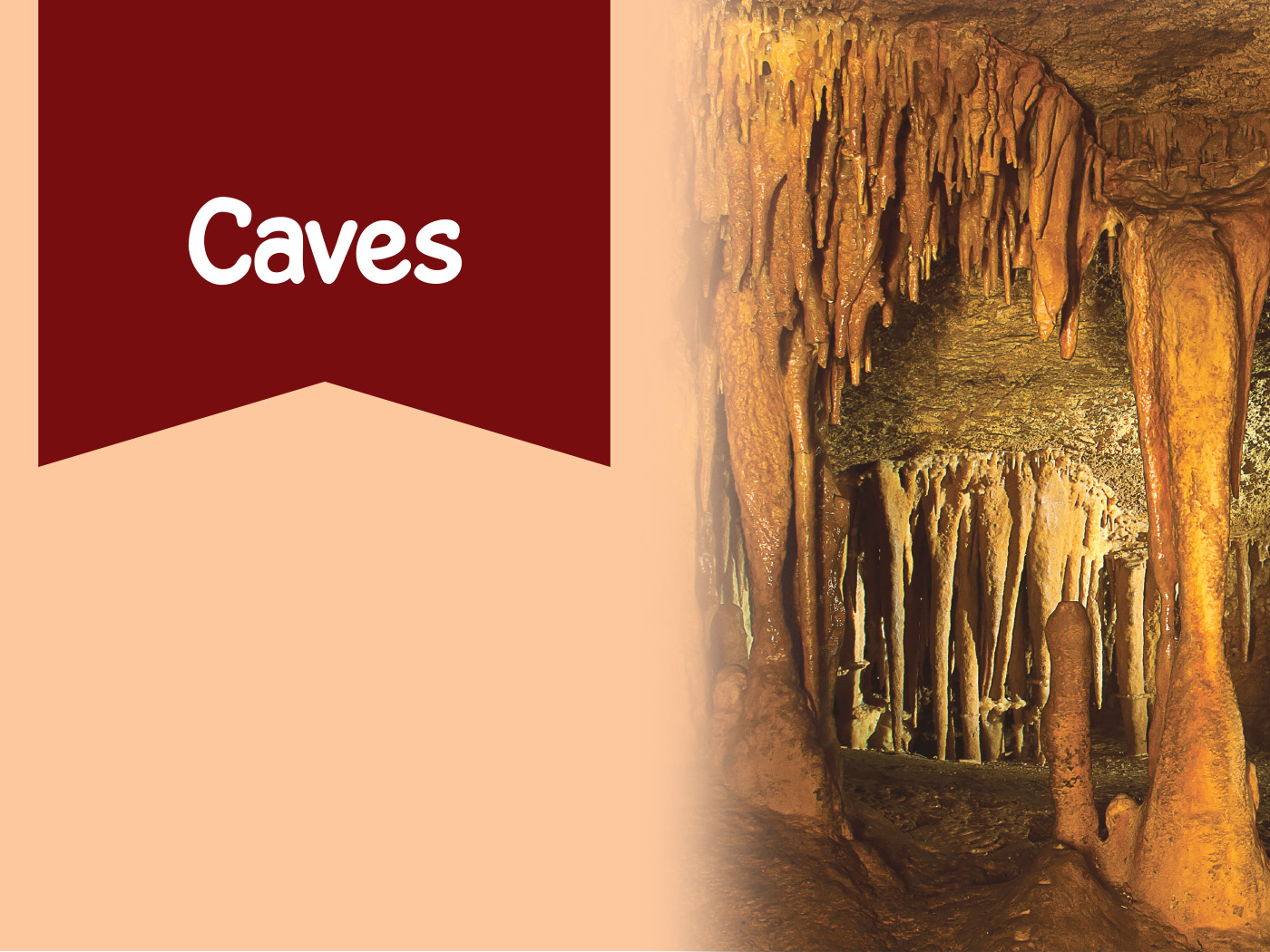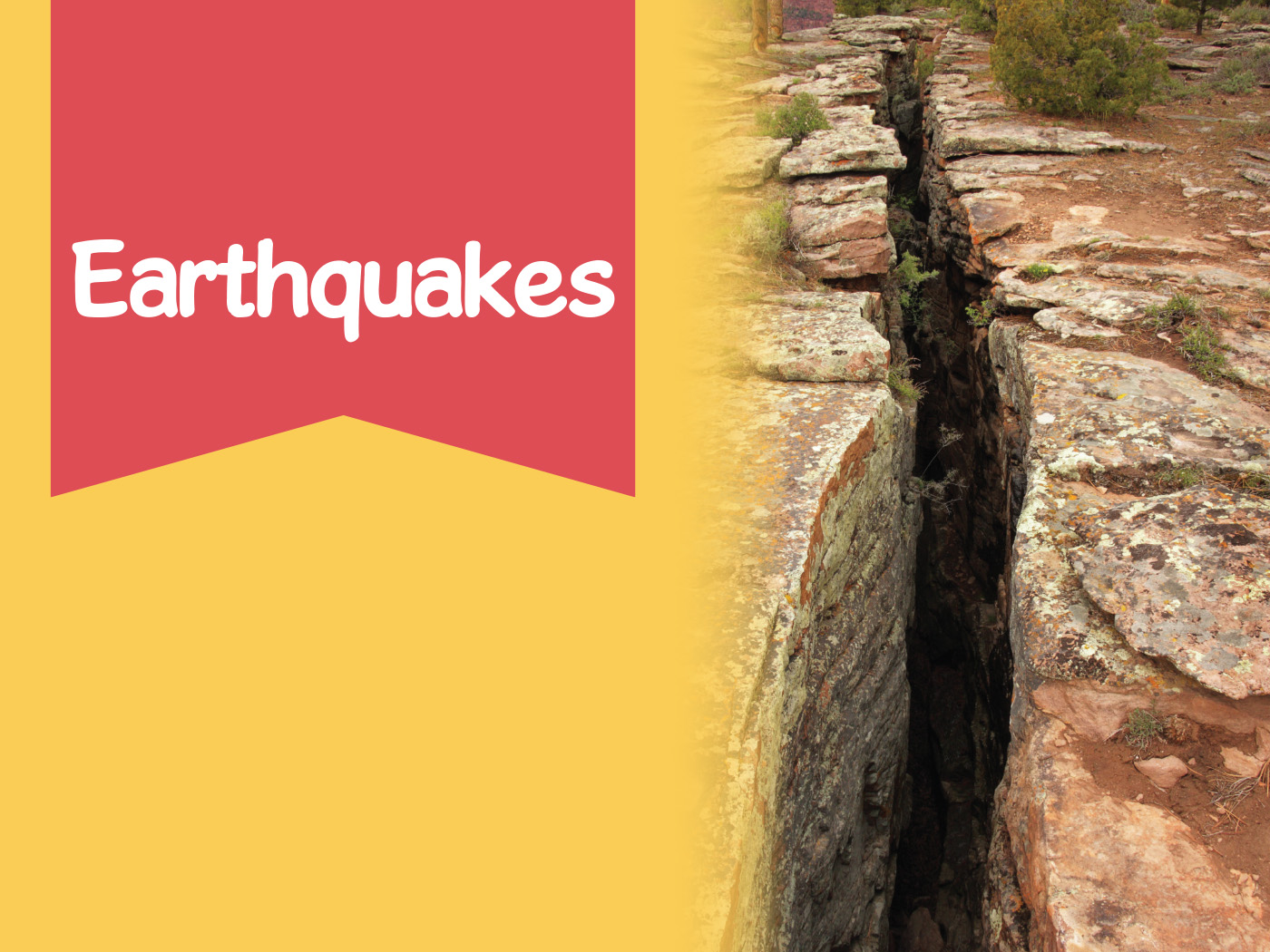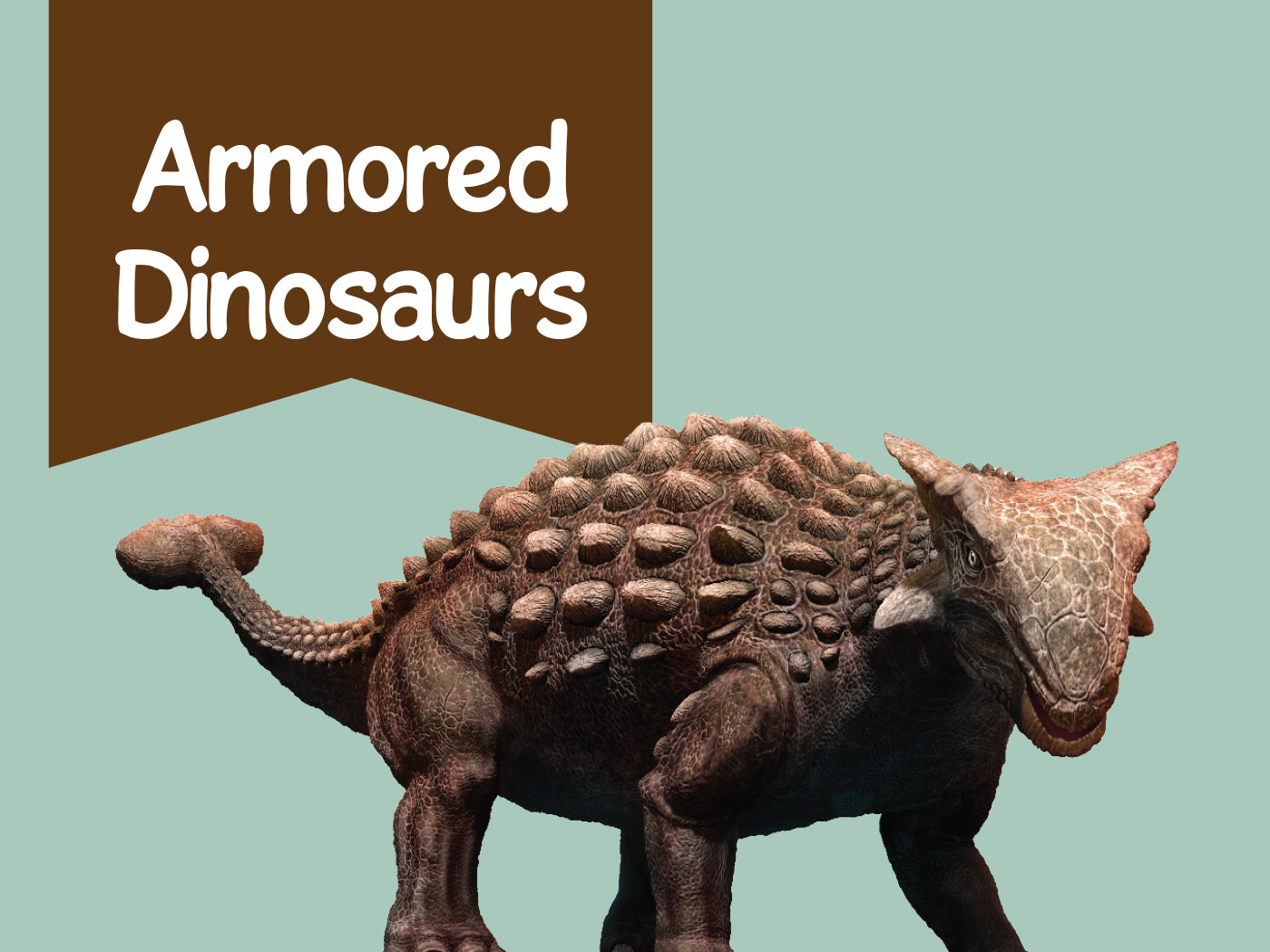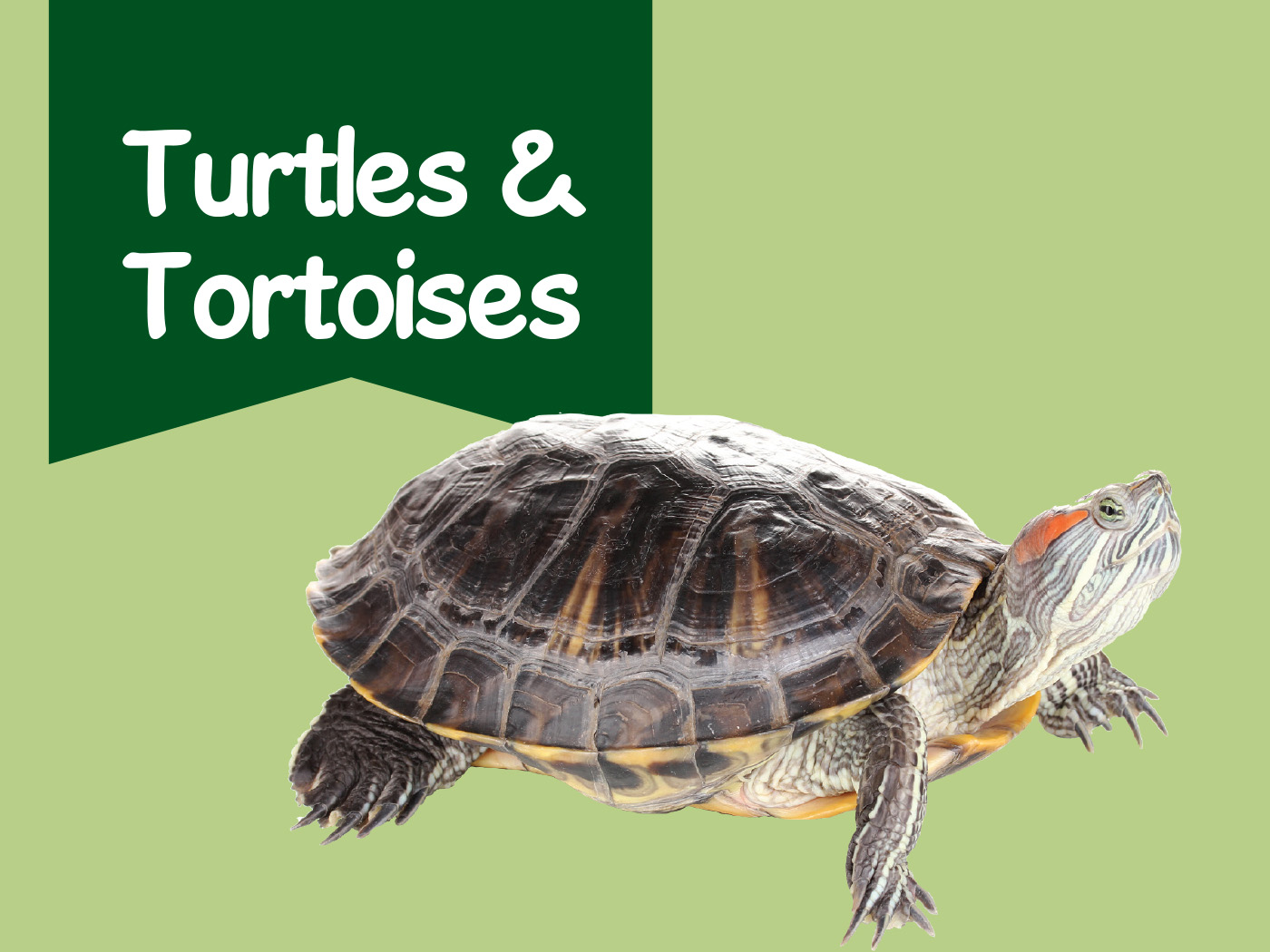The inclination of some evolutionists to project God-like powers onto nature is becoming more prominent in scientific literature. Some proudly personify nature in first-person, calling her Gaia after the Greek Earth goddess.1
Publishing in Science, evolutionary ecologist Tim Lenton from the University of Exeter and co-author, French sociologist Bruno Latour, laud nature’s innate cognitive powers in their new paper, Gaia 2.0.1 Their paper provides another chance to highlight how deeply religious evolutionists can be—not in their veneration of God, but of nature itself.
“The Gaia hypothesis—first articulated by James Lovelock and Lynn Margulis in the 1970s—holds that Earth’s physical and biological processes are inextricably connected to form a self-regulating, essentially sentient, system.”2 Lovelock named his theory after the mythological goddess—venerated as the personification of Earth. His theory was meant to tie together several biological phenomena, particularly the tight-knit cooperation between living organisms, life’s resilience in the face of catastrophic events, and the close association between the organic and inorganic realms.
All of these observations could be seen as working together with such purposefulness that one explanation for life’s origination is the tremendous wisdom and power of God. In contrast, Lovelock hypothesized that the organic and inorganic components of Earth evolved together so tightly that everything on Earth somehow became melded into a single, self-organizing system that seems to mystically exercise an intrinsic agency. This has led some researchers to ask, “Is Earth really a sort of giant living organism as the Gaia hypothesis predicts?”2
Lenton has been passionate about the original Gaia Theory and works on contemporary developments.3 However, Lenton doesn’t write about Gaia as a theoretical framework, but as an all-pervading entity—within which he believes everything is connected, functions, and through which life came into existence. He appears to have total faith in Gaia.
Lenton builds off the fact that more people today are becoming aware of the environmental effects of their choices. He offers his vision for how humans could make a conscious effort to interact with Gaia and—because he feels that we are all one with Gaia—fundamentally change Gaia as they change themselves. He suggests, “Making such conscious choices to operate within Gaia constitutes a fundamental new state of Gaia, which we call Gaia 2.0.”1
The unabashed personification of nature in the leading scientific journal of the United States is remarkable. For example, the authority for why Lenton feels justified to doubt the effectiveness of many human inventions is that “an audit made by Gaia would question the purported quality of many innovations and note that from an engineering standpoint, they perform poorly.” So, Gaia has the ability to evaluate and somehow becomes the measure by which we judge scientific innovations rather than using the scientific method as our evaluating benchmark? If Gaia can replace science, then Gaia isn’t science. And if Gaia isn’t science, then why are some scientists embracing it?
Embodying nature with volition and wisdom is particularly evident when Lenton contrasts human energy use and recycling with those of Gaia, saying,
Compared to Gaia, this is a very poorly coupled and unsustainable set of inventions. This does not mean that humans should stop inventing, but rather that engineering should shift attention to become as smart as Gaia in achieving nearly closed material cycling powered by sustainable energy.1
However, wouldn’t any theory that tries to explain the origin of biological functions that clearly look designed for a purpose—without crediting God—be prone to slip some type of alternative pseudo agency into nature out of necessity? This belief that nature can exercise agency was true of evolutionary explanations long before Lovelock’s Gaia Theory. It began with Darwin’s notion of natural selection.
Darwin’s personification of nature through natural selection was derided by non-theist observers from the outset. In 1861, only two years after Darwin’s Origin of Species was published, the Perpetual Secretary of the French Academy of Sciences described it as, “metaphysical jargon thrown amiss in the natural history,” “pretentious and empty language!,” “puerile [silly] and supernatural personifications!,” and that Darwin “imagines afterwards that this power of selecting which he gives to Nature is similar to the power of man.”4 A historian of science adds that “One source of trouble was that Darwin liked the term ‘natural selection’ because it could be ‘used as a substantive governing a verb’ (F. Darwin, 1887, vol. 3, p. 46). But such uses appeared to reify, even to deify, natural selection as an agent…”5 In fact, renowned evolutionary theorist W. Ford Doolittle of Dalhousie University in his paper Darwinizing Gaia recently made the link even stronger.6
This impulse to project power onto nature has been exceedingly difficult for evolutionists to quell. Perhaps they realize at some level the need for a far more profound explanation for life’s design than a fortuitous series of chance happenings. One evolutionary biologist notes despairingly that his colleagues habitually succumb to the projections of agency onto nature through natural selection—even when they should know otherwise. He laments, “Evolutionary biologists routinely speak of natural selection as if it were an agent” but then again “Many evolutionary biologists, in fact, assure us that the idea of a selecting agent is ‘only a metaphor’—even as they themselves succumb to the compelling force of the metaphor…And so we are to believe that natural selection, which ‘is not an agent, except metaphorically’, manages to design artifacts; and the organism…is not, after all, a creative or originating agent itself. Its [the organism’s] agency has been transferred to an abstraction [natural selection] whose causal agency or ‘force’ is, amid intellectual confusion, both denied and universally implied by biologists. Natural selection becomes rather like an occult Power of the pre-scientific age…”7
Gaia 2.0 is the latest version of nature worship for one sect of today’s practicing evolutionists. ![]()
Those who read and believe the Bible will not find any of the Darwin’s, Lovelock’s, Doolittle’s, or Lenton’s mental projections of agency to nature surprising. Scripture says that when people reject giving credit to God for creating nature, that they will “worship and serve” the creation, i.e., nature, more than the Creator (Romans 1:18-25). Gaia 2.0 is the latest version of nature worship for one sect of today’s practicing evolutionists.
References
1. Lenton, T. M. and B. Latour. 2018. Gaia 2.0. Science. 361 (6407): 1066-1068. DOI: 10.1126/science.aau0427
2. Anonymous, University of Maryland. Sulfur finding may hold key to Gaia theory of Earth as living organism. ScienceDaily. Posted on sciencedaily.com on May 15, 2012 accessed September 14, 2018.
3. University of Exeter, staff profiles. Professor Tim Lenton, Director Global Systems Institute. Posted on geography.exeter.ac.uk, accessed October 1, 2018.
4. Huxley, T. H. 1894. Dawiniana. D. New York: Appleton and Company, 65.
5. Hodge, M.J.S. 1992. Natural Selection: Historical Perspectives. Keywords in Evolutionary Biology. Cambridge, MA: Harvard University Press, 212-219.
6. W. F. Doolittle. 2017. Darwinizing Gaia. Journal of Theoretical Biology. 434: 11-19.
7. Talbot, S. L. Can Darwinian Evolutionary Theory Be Taken Seriously? Posted on natureinstitute.org on May 17, 2016 accessed September 14, 2018 (emphasis in original).
*Randy Guliuzza is ICR’s National Representative. He earned his M.D. from the University of Minnesota, his Master of Public Health from Harvard University, and served in the U.S. Air Force as 28th Bomb Wing Flight Surgeon and Chief of Aerospace Medicine. Dr. Guliuzza is also a registered Professional Engineer.




